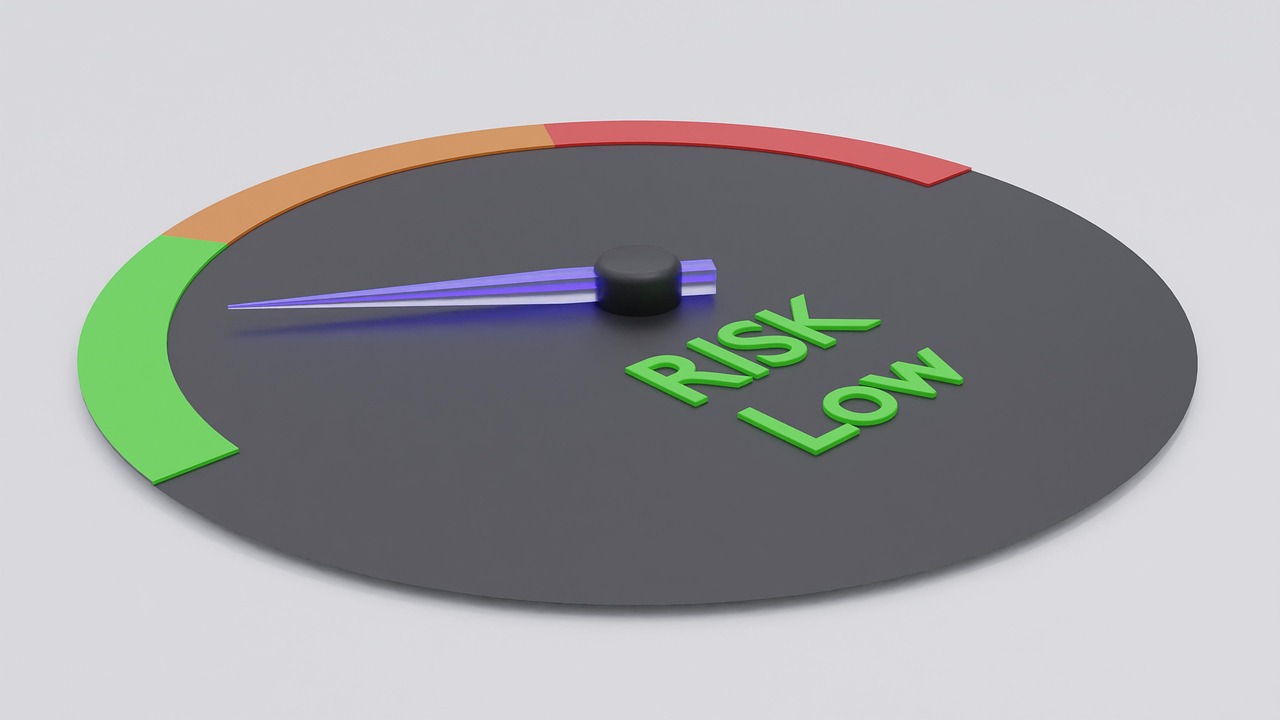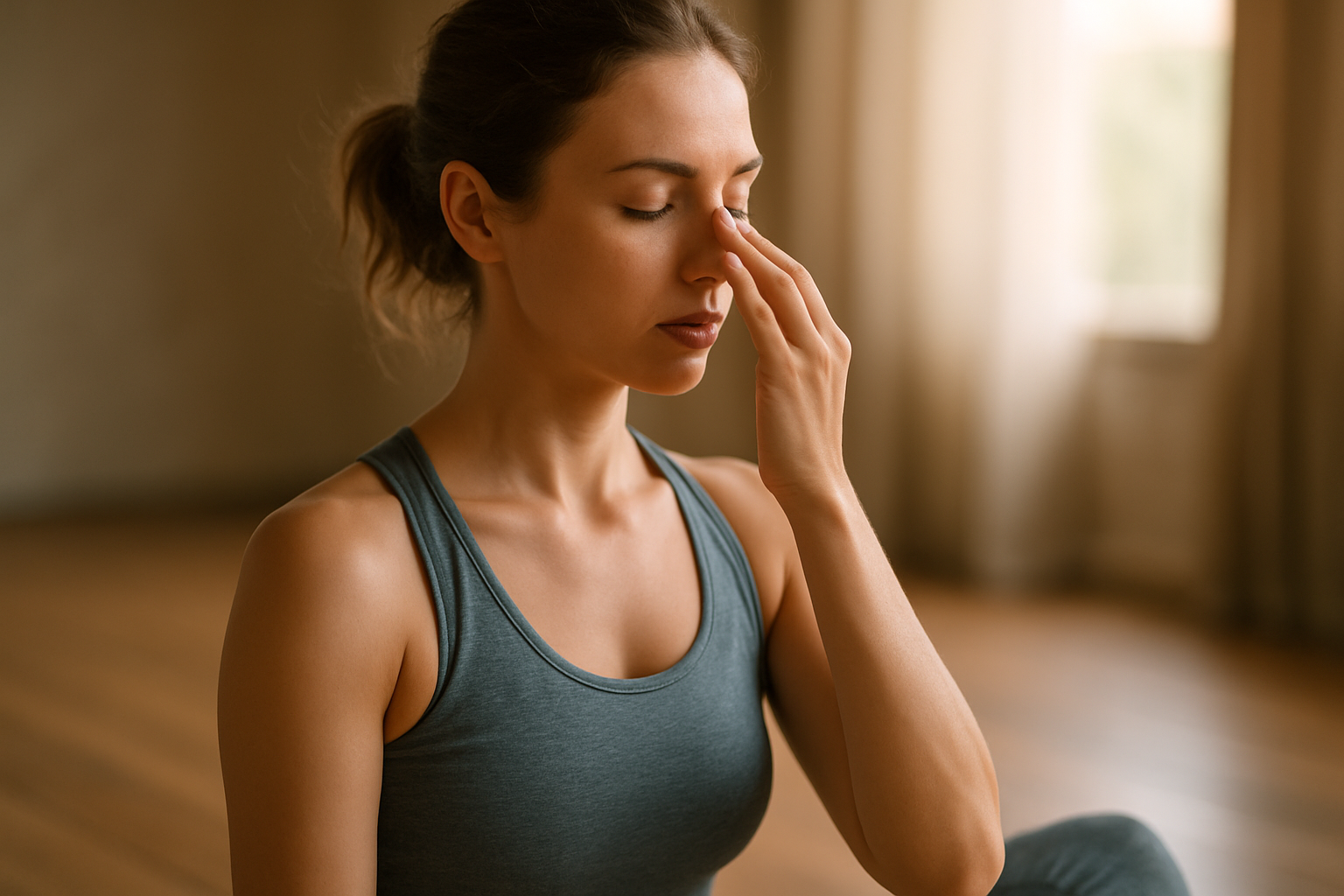Evidence-based techniques to manage everyday stress
Everyday stress is common but manageable with practical, science-backed steps. This article outlines evidence-based approaches across sleep, movement, nutrition, mindfulness, ergonomics, and daily routines to help reduce strain, support immunity, and build resilience for regular life demands.

Everyday stress shows up as short-term tension, disrupted sleep, or recurring worry. Evidence-based techniques help people lower stress reactivity, improve recovery, and protect long-term wellbeing. This article presents practical, research-informed steps you can adopt in daily life—covering wellness routines, nutrition and immunity, sleep and recovery, movement and ergonomics, mindfulness and habit formation, plus simple prevention strategies to support resilience.
How can a wellness routine reduce stress?
A consistent wellness routine creates predictable signals for your nervous system that support calm and recovery. Regular schedules for meals, sleep, light exposure, and short breaks help stabilize hormones and circadian rhythm. Incorporating small daily habits—brief stretching, hydration checkpoints, and scheduled downtime—reduces decision fatigue and prevents stress from accumulating. Over time, these steady practices promote physiological regulation and make stressful events easier to manage, supporting emotional balance and clearer thinking.
Can nutrition influence stress and immunity?
Nutrition affects stress responses through blood sugar control, gut-brain signaling, and micronutrients involved in neurotransmitter synthesis. Balanced meals with lean protein, whole grains, healthy fats, and vegetables support steady energy and reduce irritability. Certain nutrients—vitamin C, zinc, B vitamins, and omega-3s—are linked to immune function and mood regulation. Staying hydrated also helps cognitive performance and reduces fatigue. Small, consistent dietary adjustments can bolster immunity and improve resilience to everyday stressors.
How does sleep affect stress and recovery?
Sleep is central to emotional regulation and physiological recovery. Short or fragmented sleep increases cortisol and reduces prefrontal cortex function, which impairs decision-making and stress tolerance. Prioritize consistent bedtimes, a dark and cool sleep environment, and wind-down routines that minimize screens and stimulating activities before sleep. Naps can aid recovery when timed appropriately, but regular nighttime sleep of adequate duration is the most reliable method to support recovery and long-term resilience.
What role do movement and fitness play?
Regular movement reduces baseline stress and improves mood via endorphins, improved blood flow, and better sleep. Both aerobic activities and resistance training benefit mental health; even short bouts of brisk walking or stair climbing during breaks lower acute tension. Aim for a mix of moderate-intensity cardio and strength work across the week, and break long sedentary periods with standing or brief movement. Exercise prescriptions should be realistic and progressive to avoid injury and support ongoing adherence.
How can mindfulness and habits build resilience?
Mindfulness practices—brief focused breathing, body scans, or attention-training exercises—reduce reactivity and increase awareness of stress triggers. Habit formation techniques, such as linking a new practice to an existing routine or using small, repeatable steps, make behavior change sustainable. Over weeks, consistent practice enhances cognitive flexibility and emotional regulation, contributing to psychological resilience. Combining mindfulness with social support and problem-solving habits strengthens capacity to adapt to challenges.
Which routines, hydration, and ergonomics prevent strain?
Preventive routines address common environmental and behavioral contributors to stress. Good ergonomics at work—proper chair height, screen position, and regular posture breaks—reduce physical pain that amplifies stress. Scheduled hydration supports concentration and mood; the body performs better when not dehydrated. Simple prevention strategies include structured breaks, micro-exercises for neck and shoulders, and a daily checklist for sleep, nutrition, movement, and social connection to reduce cumulative strain.
This article is for informational purposes only and should not be considered medical advice. Please consult a qualified healthcare professional for personalized guidance and treatment.
In summary, managing everyday stress relies on integrating multiple evidence-based practices rather than a single fix. Consistent routines for wellness, balanced nutrition, sufficient sleep, regular movement, mindful habits, and simple ergonomic adjustments work together to reduce stress reactivity and support recovery. Small, sustainable changes across these areas build resilience and help prevent stress from becoming chronic or overwhelming.





